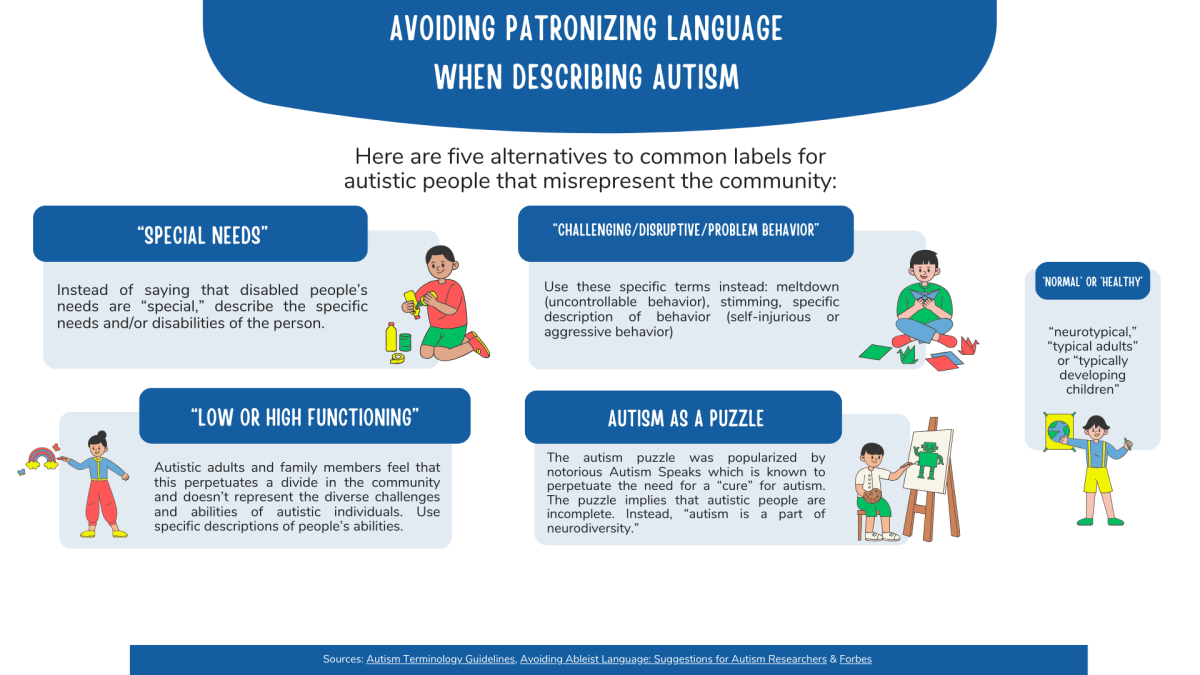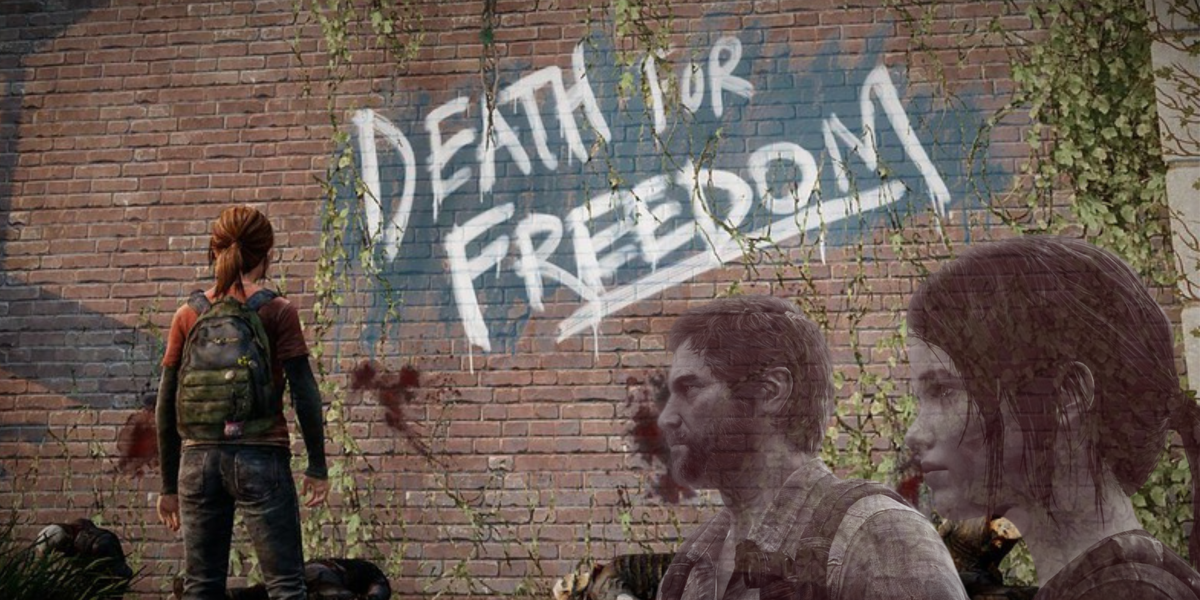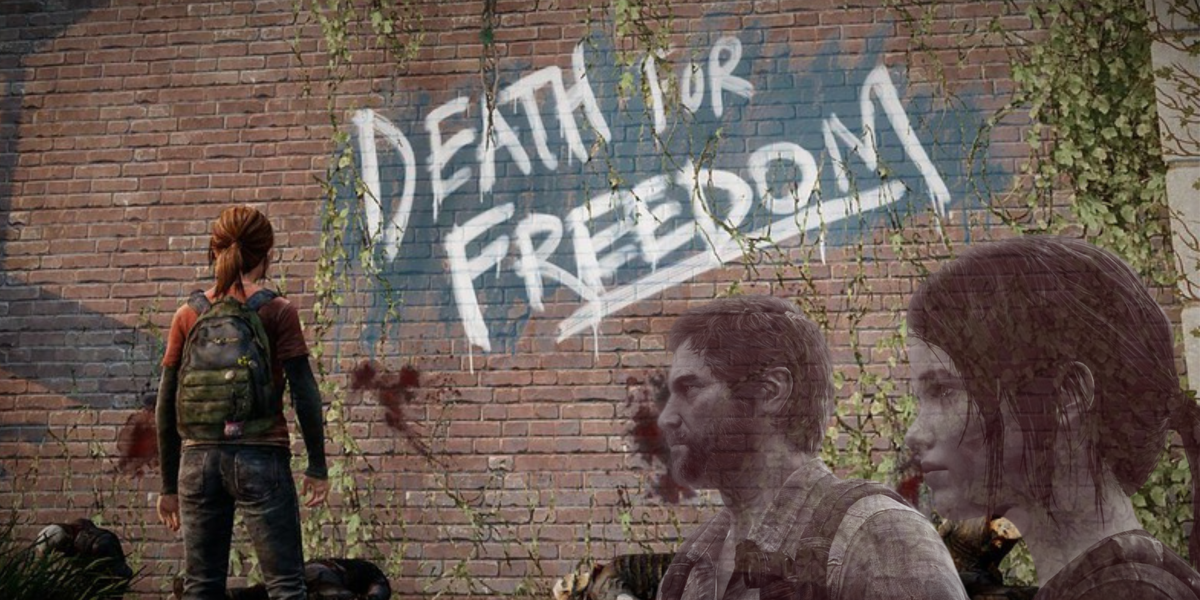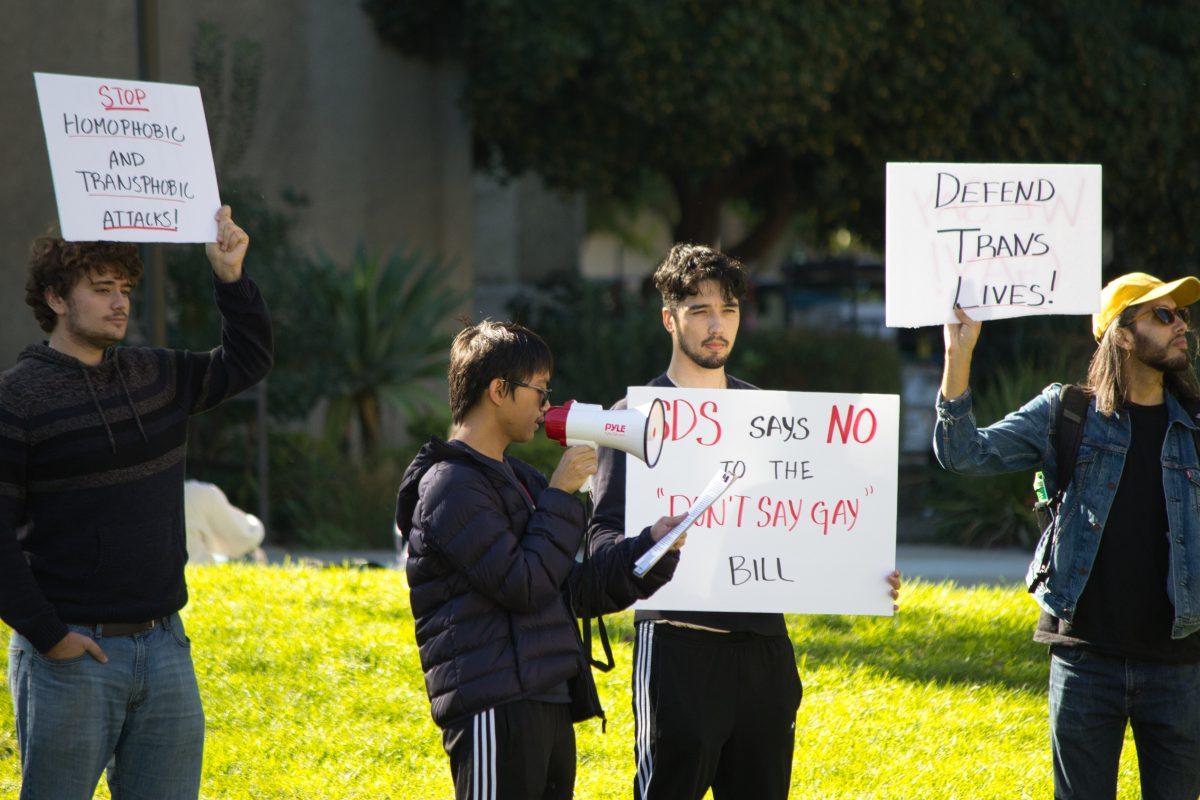San Jose State’s chapter of Students for a Democratic Society held a protest in front of the Olympic Black Power Statue Wednesday, aiming to educate the community in what critics have labelled the “Don’t Say Gay Bill.”
Pending in the House of Representatives, the bill is called the “Stop the Sexualization of Children” act and was proposed by Mike Johnson, House Republican Conference vice chairman.
It prohibits the use of federal funds to develop, implement, facilitate or fund any sexually oriented program, event, or literature for children under the age of ten, according to Johnson’s website.
The bill has also been signed by 32 other Republican Congress members.
Critics of the bill argue that the goal of the bill is to marginalize the LGBTQ+ community and their families, according to an Oct. 21 NPR article.
John Duroyan, Students for a Democratic Society member and history student, said the bill is homophobic by nature and its implicit assumption that all in the Queer community are sexual predators.
“It is a ruthless ploy to stop the LGBTQ+ youth from learning and understanding their identities and a nationwide plot to dismantle the progress that Queer people have fought so hard to earn,” Duroyan said.
He said the act is the latest in a long series of attacks on Queer rights.
“There is always an angry and hateful force of bigots within the highest rungs of power, who want nothing more than to return to an exclusionary and discriminatory status quo,” Duroyan said. “These people are always on the lookout for another group to scapegoat another marginalized people.”
Though the bill would not pass in the current Congress, the results of the midterm general elections could affect the likelihood of the bill passing through the House, as it is likely Republicans will gain the majority.
Even then, it is unknown whether the bill would pass as it is not clear how many Republicans actually support the bill, according to the NPR article.
David Almeida, Students for a Democratic Society president, said he thinks it is important to share that people need to fight and struggle against this bill to spotlight the issue to U.S. senators and representatives.
“If enough people around the country are able to protest this bill, and show that, ‘Hey, we’re not gonna just like let this happen.’ I feel like that puts a lot more pressure on the politicians to reject the bill,” Almeida said.
Although the proposed legislation would limit description and depiction of sexual acts and “lewd or lascivious depiction or description” of human genitals, it also prohibits a wide range of gender-identity topics related to the LGBTQ+ community, according to the NPR article.
“This is an attack against LGBTQ community as they tried to strip away sex education, LGBTQ education, and prevent trans black trans athletes from participating in sports,” Almeida said. “Today we stand in solidarity with all chapters across the nation, and all people affected by this bill.”
The pending law may also add more concerns on top of the many worries that the LGBTQ+ community members have about their rights in the country.
Mary Castro, Students for a Democratic Society member and political science student, said as a lesbian woman, she feels that she has to hide a part of her identity because of the regressive laws in the U.S.
“Even though the United States kind of does label itself as a very progressive country, it still really doesn’t feel like it,” Castro said. “There is just so much close mindedness. It just does not feel as safe to be expressive of my identity.”
Samuel Bigelow, SJSU Young Democratic Socialist of America SJSU chapter president, said he thinks most people are more comfortable with the LGBTQ+ community than they were ten years ago.
Bigelow also said the law may isolate children and new generations from the LGBTQ+ community.
“Those kids will eventually move away from the kind of insulation that’s been built up by these laws if they ever do get passed,” he said. “But they know that they can keep their parents scared of it.”
During the protest, Students for a Democratic Society members remarked on the importance of everybody standing against discrimination and isolation of the LGBTQ+ community.
“We must also remember that this repression will only prevail, if we choose to turn a blind eye,” Duroyan said. “Never say, ‘It is not my problem.’ ”






































